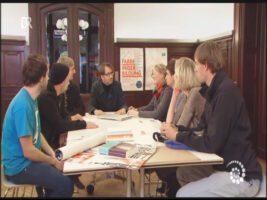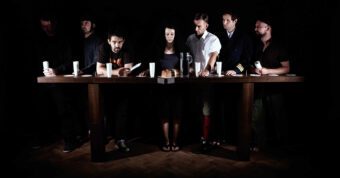Our ideas about our own reality and identity are based on the capacity of our nervous system. Its genetically inherited basic structure creates the framework of knowledge and understanding that we shape ourselves through our actions. By describing our experiences, whether in verbal or descriptive form, we form an awareness of the way we exist in the environment. Our concepts of reality achieve a high degree of intersubjectivity when we constantly question and update them in dialog with the environment. The challenges of our everyday lives form the learning environment, the motivation and the corrective for the virtual space of possibilities in which our thinking takes place and on which we base our actions.
Words evoke predominantly vivid images in the memory of blind people, but these always seem unreal to them when they hinder their orientation in everyday life. On the other hand, words also offer no equivalent for the experience of people born blind who, after successful eye surgery, experience their world for the first time in color and full of light. Their amazement makes it clear that we often communicate through words without actually understanding each other.
This applies not only to the communication of blind and visually impaired people, but especially to that of experts and laypeople, such as children and adults or pupils and teachers. If we are aware of the structure of our own vivid world of imagination and perception and accept the subjectivity and limitations of all knowledge associated with this, new possibilities for understanding open up to us. As soon as we look at the world and no longer expect anything new in it or stop constantly questioning what we already know, we lack the necessary openness to update and develop our imagination. If we have no questions, we stop learning. Looking at the environment in this way is like a dialog in which we already know all the answers.


